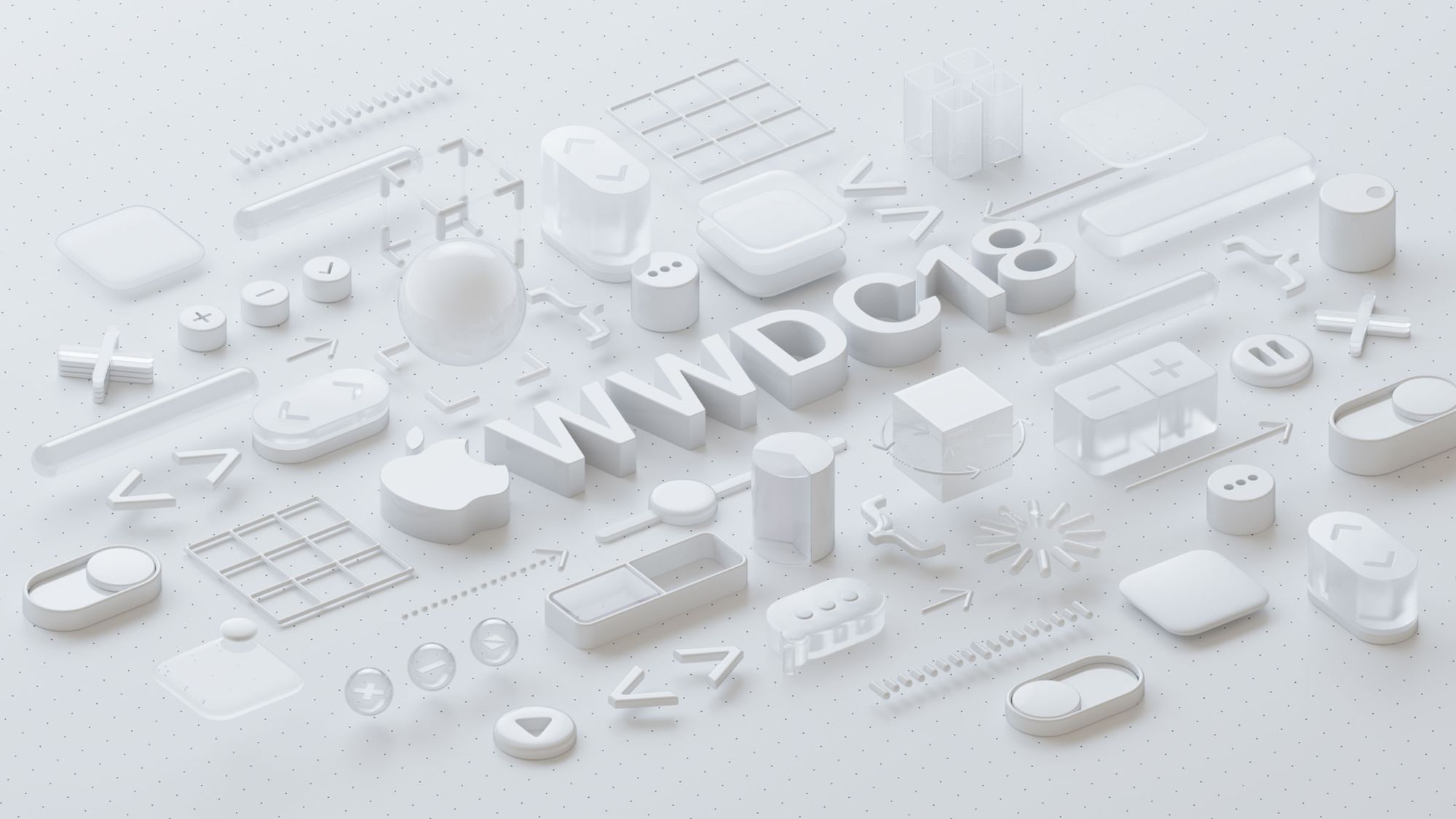Apple's Worldwide Developer Conference is underway in San Jose, California this week. The company announced Monday the next generation of operating systems that power its devices, including iOS 12, macOS 10.14, tvOS 12 and watchOS 5. There's lots of good stuff to catch up on that will make the next year very interesting for Apple devs.
iOS 12 puts AR, privacy, communications up front
Apple's promising enhanced performance compared to iOS 11, across the same range of devices supported now. Anything current running iOS 11 will be upgradable.
There are a whole bevy of consumer-facing features that took up plenty of time at the keynote. "Memojies" (Animoji self-portraits) Group FaceTime with up to 32 participants, and enhancements to the Photos app headlined.
iOS 12 gets more granular notification and Do Not Disturb settings. Do Not Disturb is adding location and activity awareness, for example. A new Screen Time app provides users with details about app and device use. It also provides parents with info about (and schedule management for) their kids' devices.
Privacy and security are also getting a boost in iOS 12 Safari, which will block tracking info from social media sharing content without user permission (what Apple calls Intelligent Tracking Prevention). Safari will also flag reused passwords to help users change them.
ARKit 2 featured heavily during Apple's presentation. The new version of Apple's Augmented Reality (AR) tech for iOS. ARKit 2 supports a new open file format called usdz, developed in collaboration with Pixar. usdz is based on Pixar's Universal Scene Description (USD), an open source interchange package for 3D models, animations, and other related content.
Developers using ARKit 2 can now make multiplayer games and multi-user collaboration and spectator modes. Apple also introduced its own AR measuring tape app based on the new API. Called Measure, the app gauges the size of real-world objects.
More than a year ago Apple acquired iOS automation app Workflow and released it for free on the App Store. Workflow's influence can be felt in Siri Shortcuts, automated workflows initiated with a tap or customized voice command. Apple is offering Shortcut APIs to developers, too.
macOS 10.14 Mojave goes dark, preview new UIKit portability
The Mac gets a new system-wide Dark Mode and a redesigned Mac App Store with more editorial content (like the iOS App Store). Also on tap for Mojave are four new apps – News, Stocks, Voice Memos and Home – based on their iOS counterparts.
That basis is more than skin deep. Apple confirmed rumors that it's created a new developer framework to make it easier bring iOS apps to the Mac. While not coming for general use until 2019, it will enable elements of UIKit in iOS to work on the Mac, alongside the existing AppKit framework used there.
Other new features on the Mac include new on-screen controls and streamlined workflow for managing screenshots, including new video recording capabilities, new Markup integration, and Continuity Camera – take a picture on your iPhone or iPad and have it appear on the Mac.
Not mentioned in the keynote but still worthy of note - this is the last macOS release to support 32-bit apps. Apple's also deprecating OpenGL and OpenCL in this release. While OpenGL and OpenCL will continue to work in Mojave, developers reliant on either technology will need to use Apple's 3D API Metal in the future.
Worth noting that while iOS 12 will run on the same hardware as before, Apple's leaving off a bunch of older Macs (already relegated to "Vintage" status) from this release.
watchOS 5 gets WebKit, new activity enhancements
watchOS 5 adds a host of enhancements for active Apple Watch users. Activity competitions, new workout, workout auto-detection (and retroactive credit), new workout modes and new running features are included. A new Walkie-Talkie voice app lets you send short voice messages to any other Apple Watch users. The Podcasts app comes to the watch. Apple has also ported WebKit to watchOS, enabling users to view web content from their Apple Watch.
Users of the original ("Series 0") Apple Watch are left out of this update.
tvOS goes zero sign-on
Last year Apple introduced single sign-on to make authentication easier for individual video apps. With single sign-on, you enter your cable credentials once and Apple unlocks any video apps you can use. Now Apple TV will support "zero sign-on" which automatically detects and authenticates based on your cable network. It's starting with Charter later this year; Apple promises it will be supported by other providers over time.
Lots to do
This isn't the first year, nor it will be the last, that Apple eschewed hardware announcements from WWDC. The focus is all about the software, and there's a lot new to learn.
Marc has some words of wisdom for developers who want to try out our products with the new Apple technology – so far things look good, we're happy to say. He also has some great insights about the announcements and what they mean for you going forward, so make sure to check it out.

